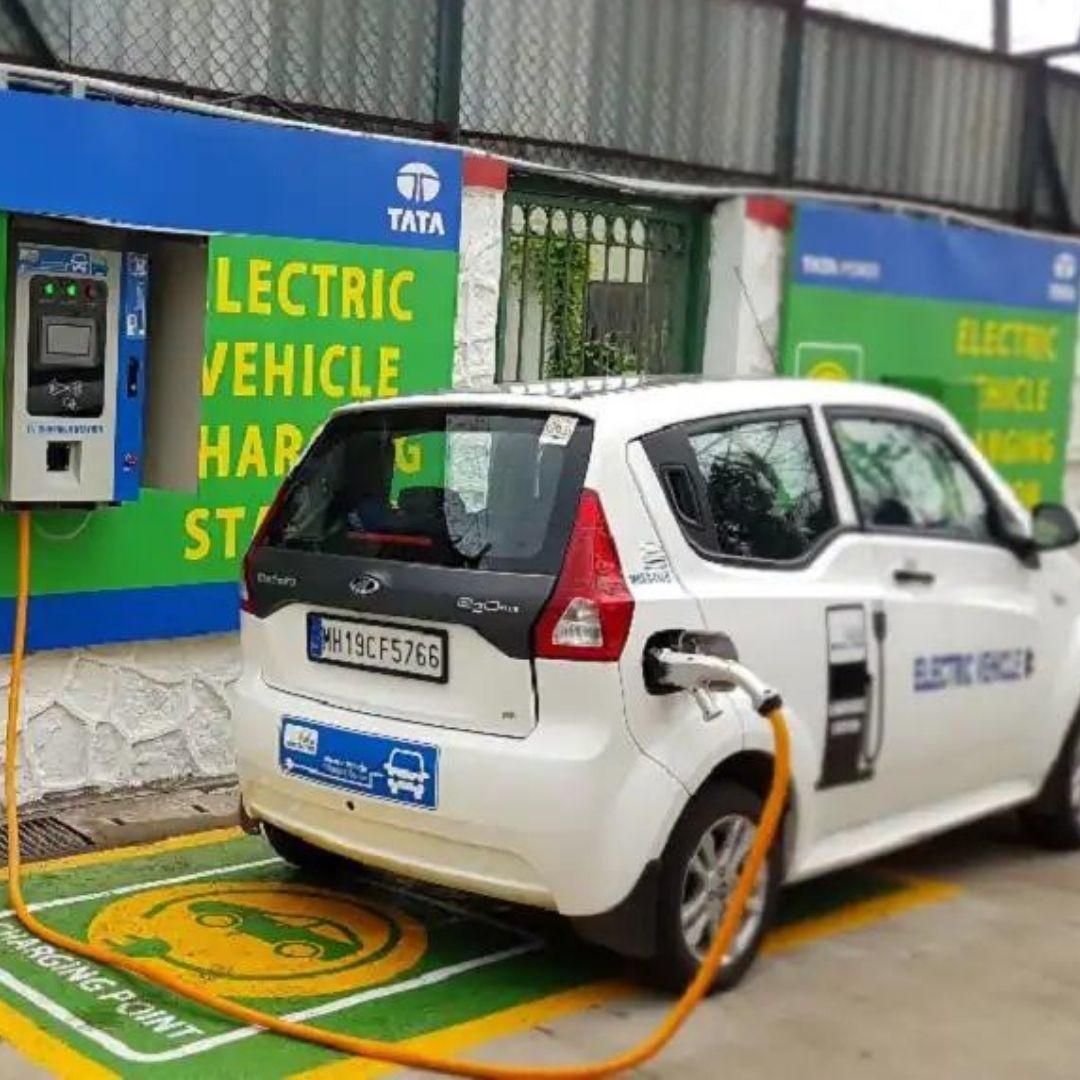The country’s think tank, the National Institution for Transforming India (NITI Aayog, has announced that it has prepared a draft policy for the Indian Railways to set up electric vehicle (EV) charging infrastructure at railway stations across the country. The move is an attempt to promote the use and development of the EV sector. The draft policy, which has been shared with the Ministry of Railways, also proposes the supply of renewable energy to the charging facilities in line with Indian Railways’ aim to become a net-zero carbon emitter by 2030.
According to a news report, the policy is under discussion with the Ministry of Railways. NITI Aayog has suggested that while the railways can plan to put in place EV charging facilities at all stations in a phased manner till 2030, the facility can be immediately provided at 123 redeveloped railway stations. The NITI Aayog CEO, Amitabh Kant, explained that railway stations are landmark locations, and they play a unique role in the entire transport sector, which makes them strategic locations to provide public charging solutions for EVs.
The government’s FAME-II (Faster Adoption and Manufacturing of Hybrid and EV) scheme targets boosting the adoption of EVs, particularly in public and shared transportation, in a big way. The aim is to support nearly 7,000 e-buses, 500,000 electric three-wheelers, 55,000 electric four-wheeler passenger cars, and one million electric two-wheelers through subsidies. To achieve this, providing a good and accessible EV charging infrastructure network is critical. Apart from the already-existing government initiatives to scale up EV charging facilities, railway stations can provide a secure and accessible charging infrastructure to city residents.

Earlier this month, researchers from several Indian Institutes of Technology (IITs) developed new technology to charge EVs, which costs about half of the current onboard charger technology. It can help considerably reduce the cost of two-and-four-wheeler EVs. As per a report, the lab-scale development of the technology is complete and up-gradation and commercialisation are in progress. One of the country’s leading EV manufacturers has also shown interest in this new technology and is ready to develop a full-fledged commercial product that can be applied to existing electric vehicles, the team claimed without naming the company.
The technology has been developed at IIT (BHU), Varanasi, in collaboration with experts from IIT-Guwahati and IIT-Bhubaneshwar. A representative explained that amidst the rising cost of petroleum products and increasing pollution levels, EVs are the best alternative to conventional IC engines. However, the lack of a high-power off-board charging infrastructure forces automakers to incorporate onboard chargers into the vehicle itself.
In the proposed onboard charger technology, the team is reducing an additional power electronics interface required for the propulsion mode and, therefore, the components involved are reduced. The technology will cut costs of the onboard charger by almost 40-50% in comparison with the existing one. The cost reduction in the chargers will subsequently reduce the cost of the EVs as well. An official noted that the technology will be entirely indigenously developed and will have a significant impact on the EV market.









